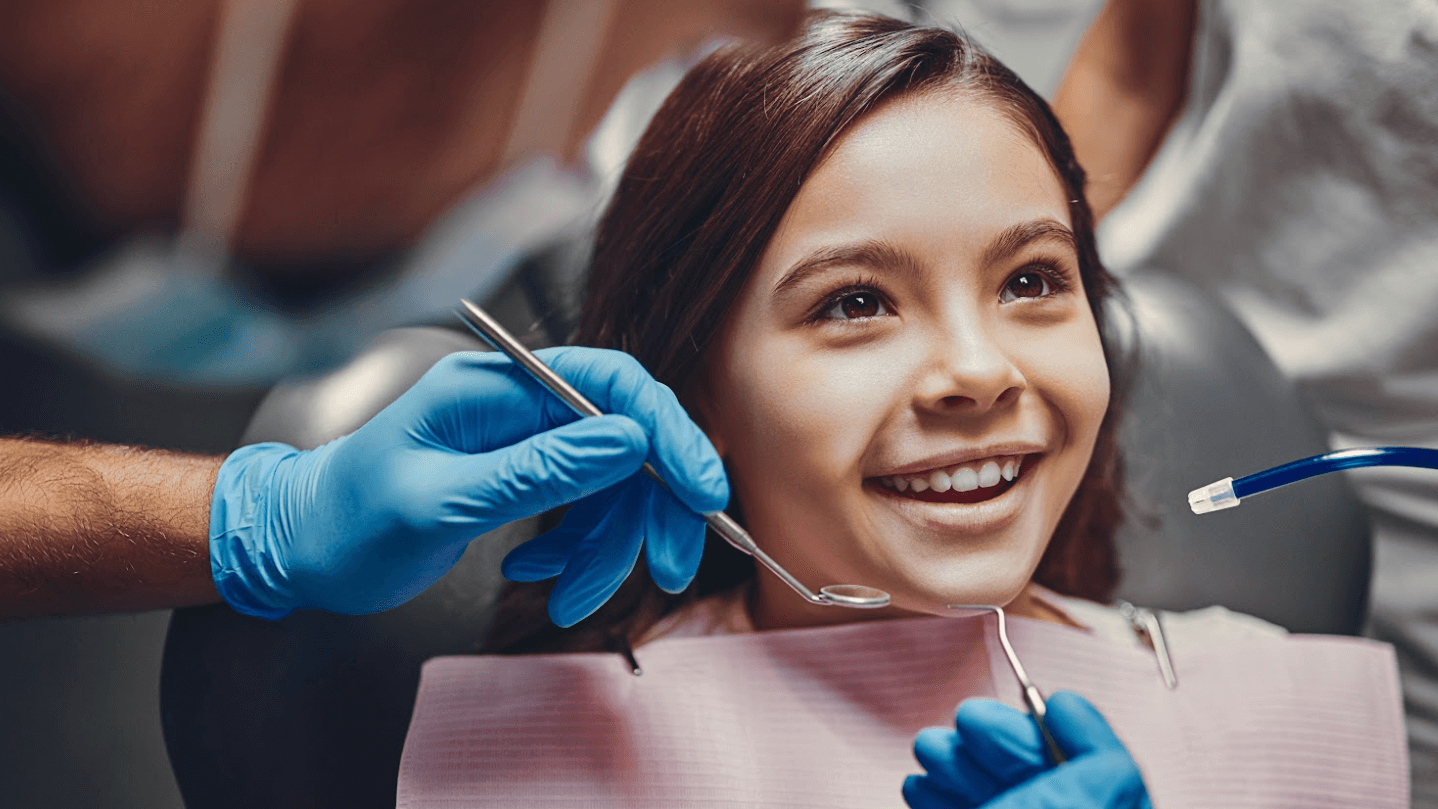What Can I Do to Relieve My Child’s Teething Pain?
&srotate=0)
The teething process can be challenging for both children and their parents. Fortunately, most babies and toddlers are done teething by their third birthday, but this can seem like a lifetime when counted in sleepless nights and fitful days. At Lancaster Pediatric Dental Associates, our caring team of Lancaster, PA pediatric dentists is committed to the health and comfort of our patients and their families throughout all the stages of childhood, including the teething years. Keep scrolling for useful tips and tricks to help gently and safely relieve your child’s teething pain.
When does teething start?
Teething typically occurs when babies or toddlers start “cutting” a tooth – meaning when the tooth begins to emerge through the gums. On average, most children will begin teething before age one, though some babies are actually born with one or more teeth already having erupted through the gumline.
What to expect when your child is teething
Teething can present differently from child to child and from tooth to tooth. In some cases, babies cut teeth relatively quickly and uneventfully. More often, however, the eruption of a tooth is accompanied by a number of signs, symptoms, and behaviors, many of which can be uncomfortable and fairly disruptive for both the child and their parents. Common signs of teething include:
- Excessive drool
- Rash/skin irritation from increased drool and rubbing the face/mouth
- Increased desire to chew on things or put hands/objects in the mouth
- Crying more than usual
- Irritability
- Difficulty sleeping
- Low-grade fever
- Red cheeks
- Swollen gums
- Decreased appetite
How long does teething last?
Most babies and toddlers experience the symptoms of teething for about a week or less per tooth. While children continue to develop and cut teeth throughout their childhood, the classic symptoms of teething are usually only seen in the first three years of life, after which time children are typically able to tolerate and/or communicate their discomfort more effectively.
How can I make my teething baby more comfortable?
It can be heartbreaking to see your child struggling with the painful symptoms of teething, and you may be battling with interrupted sleep and other challenges during this time. To help lessen or relieve your child’s teething pain, use these tips:
- Offer a cold rag or teething toy/ring
- Refrigerate (not freeze) your child’s teething toy/ring
- Consider teething cookies for children who are comfortable with solid foods
- Use pain-relieving medications as directed and approved by your child’s pediatrician
- Gently massage the child’s gums with a clean finger
- Prevent rash and skin irritation by gently dabbing excess drool away
Should I bring my baby to the dentist while they’re teething?
Generally speaking, children should have their first dental appointment before they reach their first birthday, regardless of if they have already cut a tooth. This allows our dentists to evaluate their overall oral health and anatomy and identify any problems that may exist in their earliest stages. With ongoing pediatric dental care throughout childhood, including annual exams, biannual cleanings, pediatric dental x-rays, and more, we are committed to your child’s dental health and development.
You and your baby can get more sleep with teething tips from our Lancaster, PA pediatric dentists
If the teething years are wreaking havoc on your normal routines and leaving your baby cranky and uncomfortable, we can help. For more information on teething pain relief and bringing your baby to the dentist for the first time, call Lancaster Pediatric Dental Associates to schedule your child’s appointment with one of our acclaimed pediatric dentists in Lancaster, PA today.